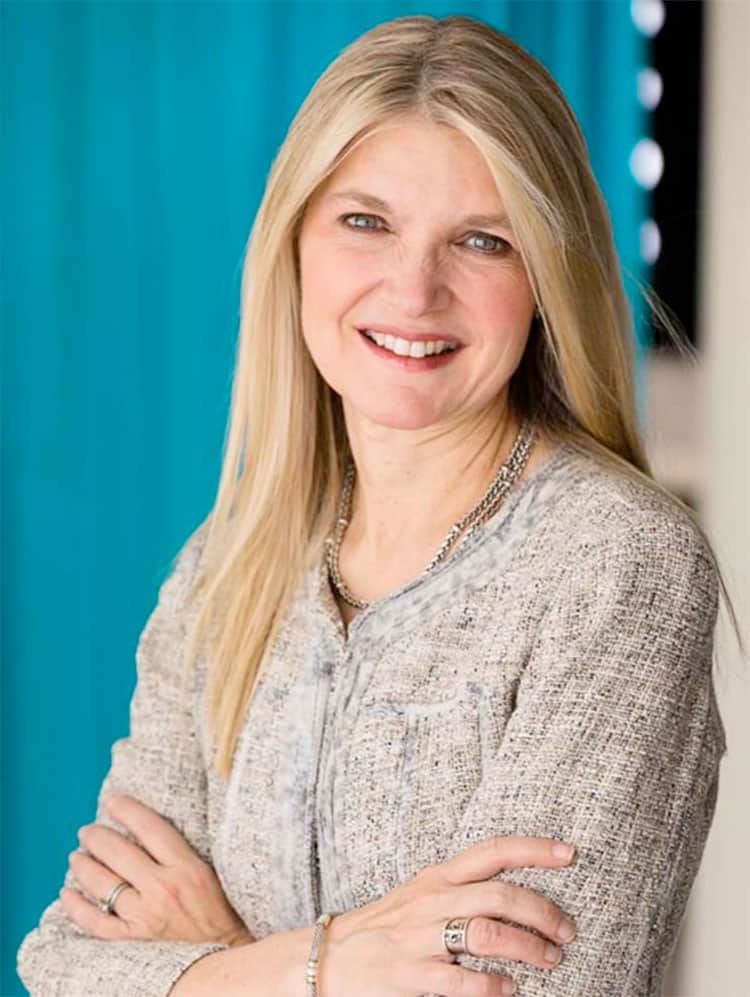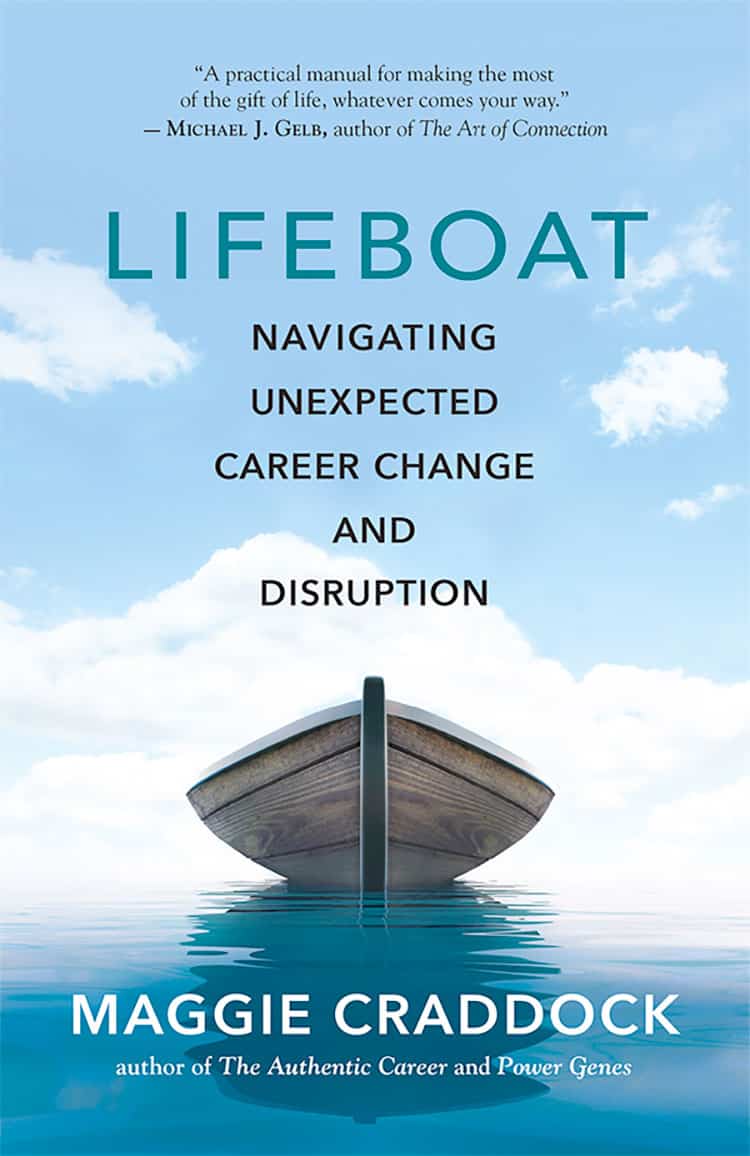Senior Women And Power Styles Under Pressure

Over the past twenty years, I’ve had the opportunity to coach some of the most accomplished women in the financial services industry. Many told me they retained me because, having been an award-winning fund manager prior to starting my executive coaching business, they felt I could relate to the wide range of roles they played as board members, mothers, department heads and wives.
Most of these women were masterful communicators and world-class influencers when it came to dealing with others. The primary reason they hired me, particularly at the pinnacle of their careers, was that the responsibilities they shouldered suddenly required them to focus on a very special type of communication.
This was the ongoing conversations they were having with themselves.
Like many of my clients, Emily had been a personal referral from another senior woman who had worked with me in the past. The head of risk for a prominent financial services institution, Emily’s reputation proceeded her. I’d read about her and seen pictures of her in the press. Emily was widely respected for being a brilliant, hard-working and highly valued member of her CEO’s inner circle.
As our video conference commenced, I found myself thinking that Emily somehow seemed more deferential than I’d anticipated. Her voice was soft, her tone was wistful and she averted her eyes as she apologized multiple times for how long it had taken us to schedule a meeting.
However, when the conversation turned to her professional responsibilities, it was as if I was suddenly talking to a completely different person. As she described the challenges her firm was facing, her tone took on an edge of confidence and her posture became more erect. She was looking me right in the eye and asking pointed questions about how my input would add value to the challenges she was facing.
Emily’s power style had morphed.
Power styles are relational. In my research for Harvard, I’ve noted that anyone’s power style is rooted in the non-verbal cues they internalized in childhood to relate effectively under pressure. The emotional and behavioral building blocks that form the foundation of anyone’s power style are rooted in the reactions modelled by the first authority figures they witnessed in life – the caregivers in their family system.
Did your parents consider your feelings during a tense moment, or did they expect you to do as you were told without question? Could you get one of your parents to agree with a request that had been refused by the other, or did they operate as a united front? Simple questions such as these can help you determine how your signature power style emerges from the four core power styles: The Pleaser, The Charmer, The Commander and The Inspirer.
Because power is relational, our power style changes depending upon the people and situations we encounter. Thus, your power style with your children is likely to be different from your power styles with your CEO.
Here’s an important question for women in finance who get close enough to the glass ceiling to wonder if they will be looking through it or breaking through it: Are power styles related to gender and, if so, how?
This question goes straight to the heart of the conversations senior women have with themselves. Are they looking outside themselves to please others or are they looking within to please themselves?
Spoiler alert: Many women over 40 have been conditioned to work hard and seek external approval. Regardless of how masterful and persuasive they are with others, if they don’t balance this strength with a commitment to self-care, they risk burning out.
Like many talented senior executives, Emily was a great listener. She listened carefully to her CEO, she listened lovingly to her spouse and her children and she could basically anticipate her friends’ needs before they even articulated them.
The only person Emily wasn’t listening to carefully as her professionally responsibilities continued to increase was herself. Now that she and her team were working remotely, Emily was chronically overscheduled. As a result, confessed that she was sleeping poorly, snapping at her family and reacting in ways that were at odds with her self-image under pressure.
When it came to the conversations she was having with herself, Emily was horrified to realize that no matter how hard she worked, she struggled with this relentless inner litany of not being “good enough.”
Let’s take a brief look at the four core power styles and explore how understanding these can help us all clarify the messages we give ourselves under pressure. Most people find that their signature power style is a blend of at least two of these four core power styles:
- The Pleaser — Due to outside stressors, Pleasers often didn’t get the attention they craved from their caretakers early in life. Pleasers often grow up hungry for validation and are hardwired to take care of others. Pleasers often wield power by attempting to connect with others at a personal level.
- The Charmer — Charmers were often required to soothe an emotionally needy parent early in life. As a result, they sometimes have little respect for formal authority and may manipulate others in order to get their needs met. The Charmer power style is exemplified by people with an intensity of focus that both intimidates and seduces others into compliance.
- The Commander — Often, a Commander has grown up in a family system devoted to sports, religion, the military, or any larger system that reinforces discipline and a strict code of conduct. Commanders operate with a results orientation and tend to foster a sense of urgency in others.
- The Inspirer — The family systems that foster Inspirers often value self-expression over conformity, and the caregivers in such systems are often willing to make personal sacrifices to achieve excellence in areas such as artistic expression or scientific inquiry. Inspirers tend to be innovative thinkers and operate with a consistent commitment to the greater good.
Emily was raised in a military family where women were conditioned to defer to male authority. The oldest of four children, Emily was often charged with helping her mother cook and clean for her three younger brothers. The bright spot in this for Emily was that it gave her a chance to spend time alone with her mom in a household that was often dominated by men.
Emily was as surprised as anyone when she discovered that she had an unusually strong aptitude for math. Emily had always figured she’d grow up and be a math teacher. Who knew that she’d find her way into the halls of high finance and end up earning enough money to support herself and her entire extended family?
Emily related to the Pleaser power style because she had grown up accustomed to being a caretaker for her brothers. However, Emily also had a lot of Commander strengths because she had been the disciplinarian that kept her brothers in line when her mother wasn’t available.
Before the pandemic, Emily could burn the candle at both ends because she had used her commute to and from the office to hit “reset” emotionally so that she could shift from taking on work that her staff left half-finished to completing household duties her family overlooked.
Now that precious hour in the car that she had used to emotionally armor herself to clean up after others without complaining had been ripped away.
Understanding how her power style helped Emily tune in to the conversations she was having with herself under pressure. As she did this, she realized that the “never feeling good enough” message was a pervasive feeling from her childhood that was coming to the surface as the relentless tension due to the pandemic was challenging her emotional defenses. Once she put this into perspective, Emily started sleeping better. What’s more, by clarifying the conversations she was having with herself, Emily was able to identify what she needed to operate more effectively under pressure.
Emily started setting boundaries – on the job and off. She started holding her staff members accountable for bringing projects to completion and didn’t swoop in to “save the day” at the last minute. This led to some tense moments, but her team learned to listen more carefully and have more respect for her time. What’s more, Emily learned to respect herself.
Emily also told her family that she needed quiet time while she completed household chores. To her delight, she discovered that domestic demands such as folding laundry or cooking gave her the same mental “time out” that she used to get during her physical commute. These precious moments of silence helped Emily bring a fresh perspective to her work and her family when she was ready to engage.
When I’m working with senior executive women, I often remind them that my job isn’t to get them to listen to me. It’s to train them to listen as carefully to themselves as they would to anyone in their outer world that matters to them.
Under pressure, many senior women tell me that they are tempted to put others needs before their own to keep things running smoothly. As we all know, this is unsustainable. By understanding their power style and how it morphs, these talented women learn what they need to balance their personal needs with their professional responsibilities as they guide their families and your companies through the current crisis.
Written by Maggie Craddock. Have you read? Antigua and Barbuda Citizenship by Investment Program (CIP), St. Lucia CIP: Saint Lucia Citizenship By Investment Program, Vanuatu CIP: Vanuatu Citizenship By Investment Program, Montenegro Citizenship By Investment Program (CIP)
Add CEOWORLD magazine to your Google News feed.
Follow CEOWORLD magazine headlines on: Google News, LinkedIn, Twitter, and Facebook.
Copyright 2024 The CEOWORLD magazine. All rights reserved. This material (and any extract from it) must not be copied, redistributed or placed on any website, without CEOWORLD magazine' prior written consent. For media queries, please contact: info@ceoworld.biz










